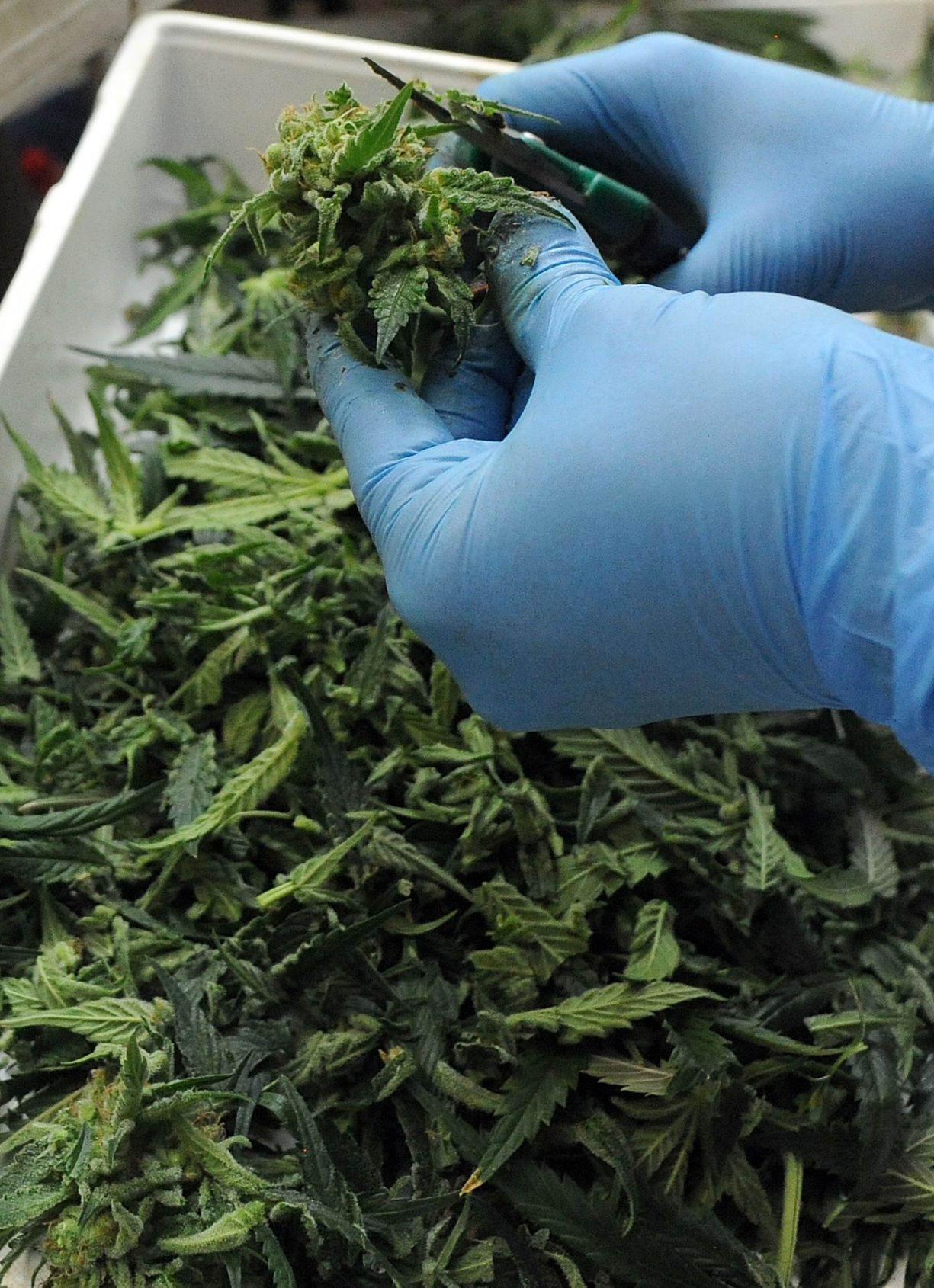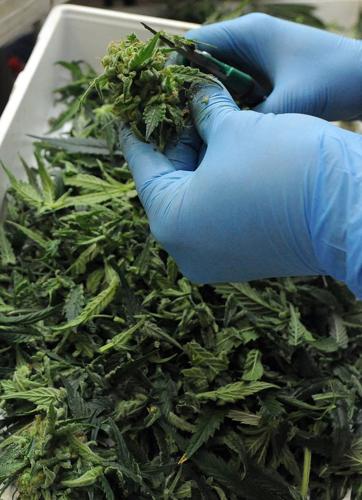Colorado’s Doug Lamborn, Georgia’s Earl Carter urge environmental impact evaluation of marijuana legislation

A Colorado congressman, along with another Republican lawmaker, said Democrats should research the environmental effects of a proposed marijuana legalization bill, citing concerns about high emissions that would result from widespread cultivation.
The legalization of the drug in certain states has resulted in increased demand for marijuana products, causing states to ramp up production and expand their operations to indoor facilities and prompting concerns among some lawmakers that the increased energy consumption will have detrimental effects on the country’s energy systems, as well as the environment.
About 80% of marijuana cultivation occurs in indoor facilities, the letter states. Many expect indoor production would only increase if the drug were legalized, raising energy concerns with calculations that indoor cultivation facilities can take up far more energy than the average home.
The letter cites a report from the National Conference of State Legislatures that says an indoor facility may be equipped with lighting intensities that are similar to hospital operating rooms, which far exceed the recommended reading light levels for normal homes. That, paired with the facilities’ temperature or fan speed changes, increases the energy output of a four-plant lighting module to use as much electricity as 29 refrigerators, the report found.
“Unfortunately, these reports do not account for the extensive illegal market that still exists and does not face energy or emission regulations that legal operations do,” the lawmakers wrote.
Additionally, marijuana cultivation requires significant amounts of water, far outpacing other produce, the lawmakers argued. The amount of water needed for marijuana cultivation is roughly double what is needed to grow other produce, such as maize, soybeans, wheat, and wine grapes, according to a 2021 study by the Journal of Cannabis Research.
Carter and Lamborn urged Senate Democrats to conduct further research before pushing the bill through Congress. As part of their letter addressed to the Department of Energy, Interior Department, Energy Information Administration, and Environmental Protection Agency, the lawmakers called on the Biden administration to answer several key questions in a detailed report by Nov. 30.
These questions include information on how marijuana cultivation affects state energy levels and emissions, what anticipated growth of energy usage would be expected from marijuana legalization, and what impacts marijuana cultivation would have on states’ water supplies.
“The demand for prioritizing electricity uses and for increased energy efficiency is a growing concern for the American public,” Carter and Lamborn wrote. “As these strains come to fruition, the potential for capacity shortages and blackouts only rises … It is essential that the nation understand the burden marijuana cultivation puts on the electrical grid and the environment.”














